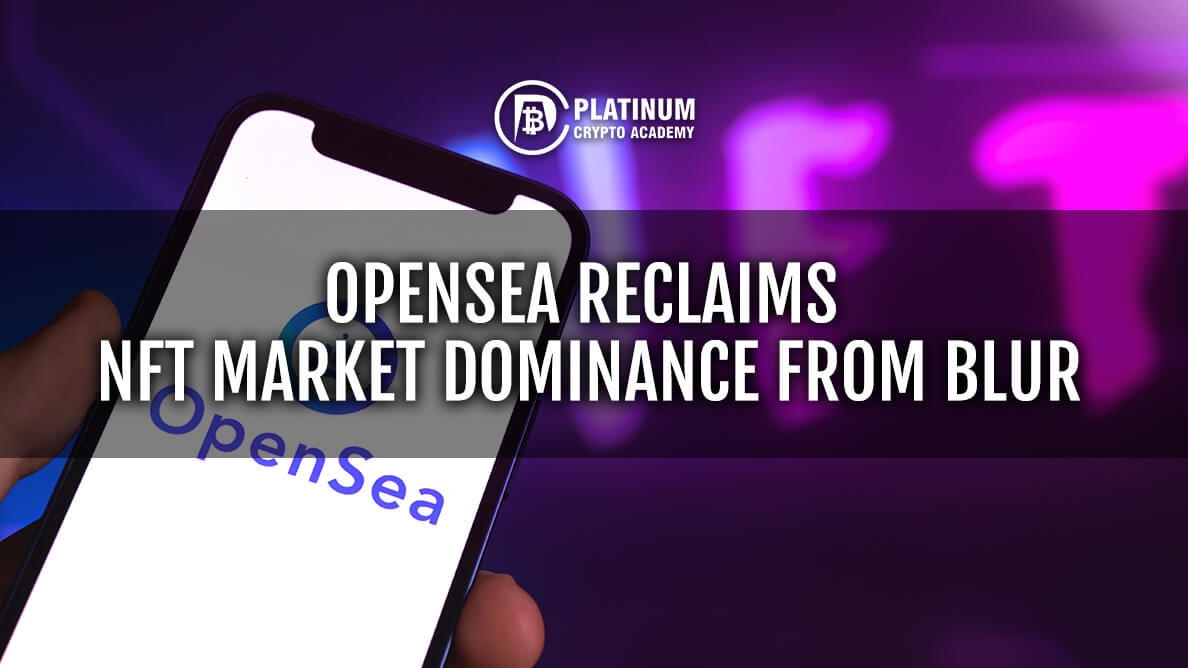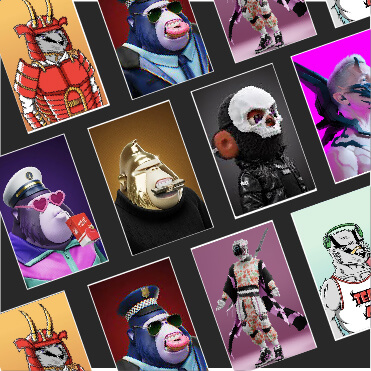OpenSea, one of the world’s most popular NFT marketplaces, has reclaimed its NFT market dominance from its fledgling rival Blur, within days after launching a new NFT market aggregator tool, which is christened OpenSea Pro. OpenSea had lost its market dominance in February this year to the Blur NFT platform.
According to some short market analyses, the number of new and daily users on the OpenSea platform has gone up significantly in the past few days. These figures started soaring just hours after OpenSea launched its much-anticipated NFT feature, OpenSea Pro.
The NFT market share of OpenSea has surged by more than 54 per cent, while the number of users on the Blur NFT marketplace has declined to 27 per cent, according to data from Dune Analytics.
The launch of OpenSea Pro is part of its strategic plan to regain its reputation as the world’s most traded NFT marketplace. True to its aggregator characteristics, the OpenSea Pro feature allows users to browse listings from more than 170 marketplaces, including those of its parent, OpenSea.
It also equips users with aggregated cross-market data and a suite of tools, thereby helping collectors and traders optimize their NFT buying and selling strategies. The new aggregator feature from OpenSea has attracted substantial attention and traction among the crypto and NFT community, which helped in pushing up the number of daily active users. It also caused new crypto wallets to spike over the past few days.
Meanwhile, OpenSea has launched a NFT called Gamesis to celebrate the launching of OpenSea Pro. The new NFT collection allows early adopters to claim a free Gamesis NFT collection between April 4 and May 4, 2023.
OpenSea has hinted at offering more community rewards, including NFT airdrops, in order to attract and retain its newly fetched users. Incidentally, rival Blur had used similar promotional tactics to topple OpenSea from the top position in terms of market share.
However, Blur’s short-lived dominance in the NFT market came with its own share of controversy, as the new NFT marketplace was put under intense scrutiny over allegations of market manipulation. Incidentally, the NFT market had seen an exponential surge of NFT wash trading across different market platforms.
Wash trading is a form of market manipulation that inflates market volume, often when investors, individuals or organized groups sell the same asset repeatedly. In this particular context, Blur users seemed to have used multiple accounts to earn points during airdrops.
The total volume exploded by more than 100 per cent in February, rising from US $250 million to US $580 million within months. Popular NFT data aggregator CoinGecko had spotted suspicious activity and market manipulation ‘NFT Wash Trade’ in the Blur NFT marketplace. The speculations sparked concerns over its legitimacy as the leader among NFT marketplaces in terms of sales.
According to some data, Blur accounted for 27 per cent of the total wash trading during February, while its rival OpenSea accounted for a mere 5 per cent. Blur’s wash trading tripled in February after it airdropped its much-awaited native token $BLUR. Incidentally, its native token has reacted sharply to wash trading concerns and plunged by more than 70 per cent in March.



